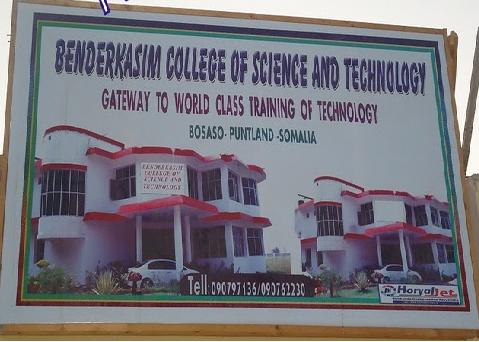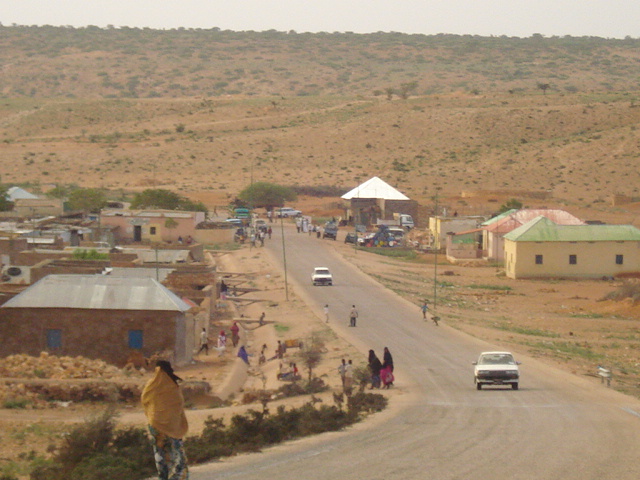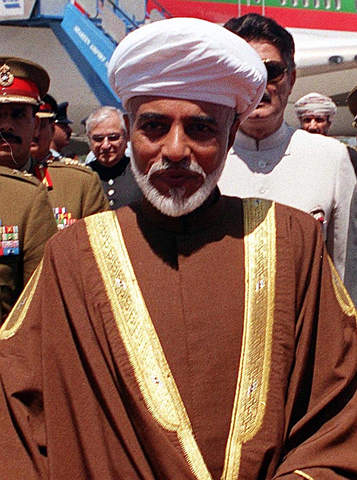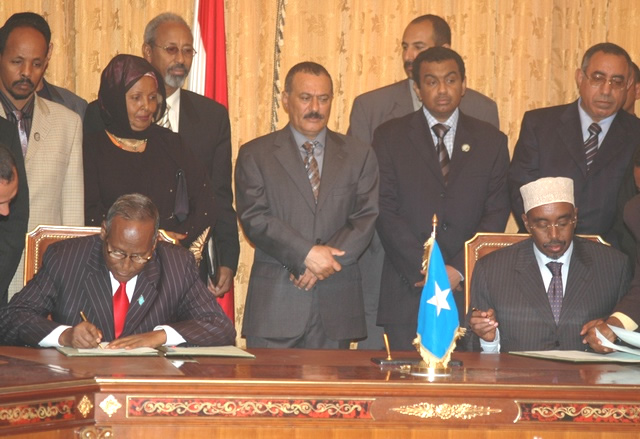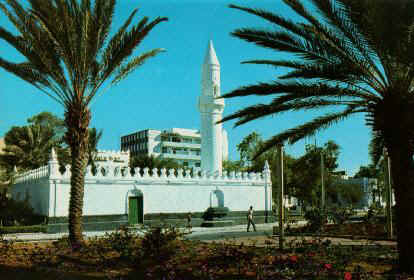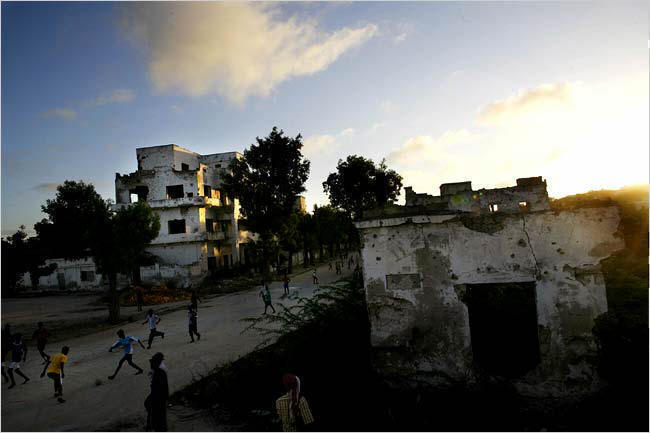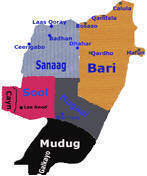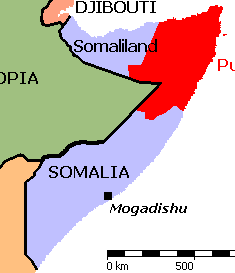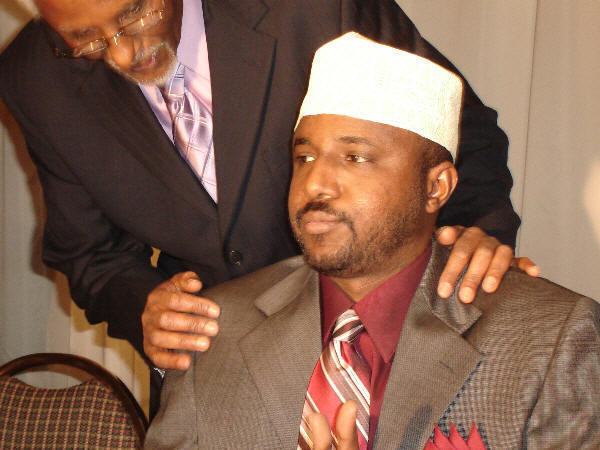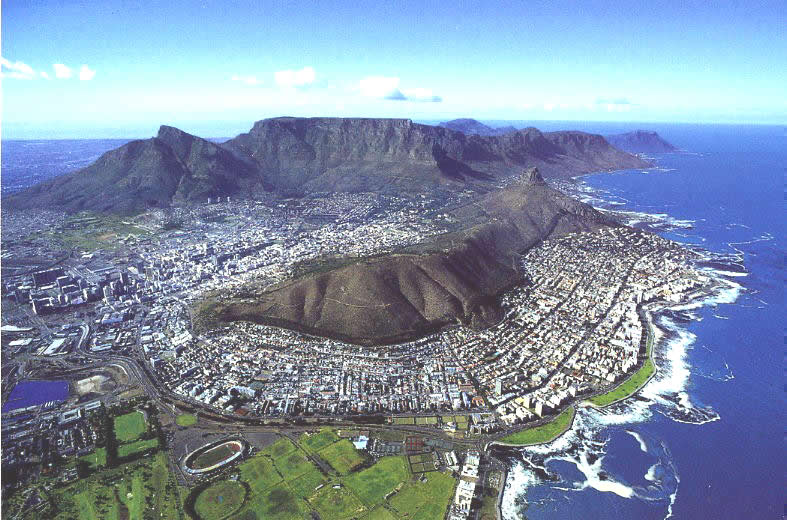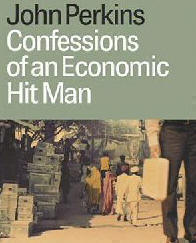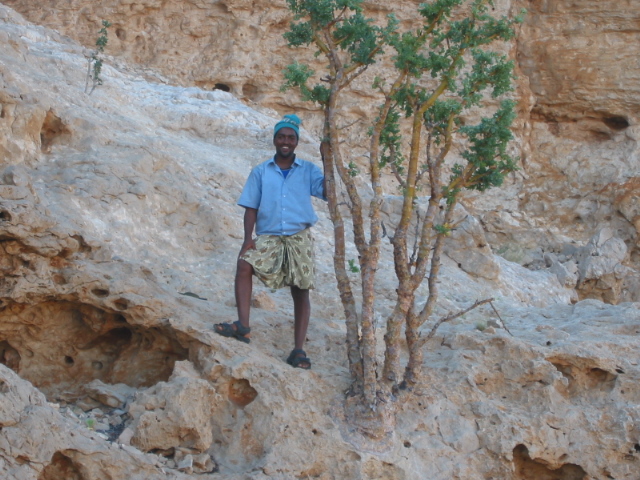
Part IV
Kenya-Somalia
September 22, 1967
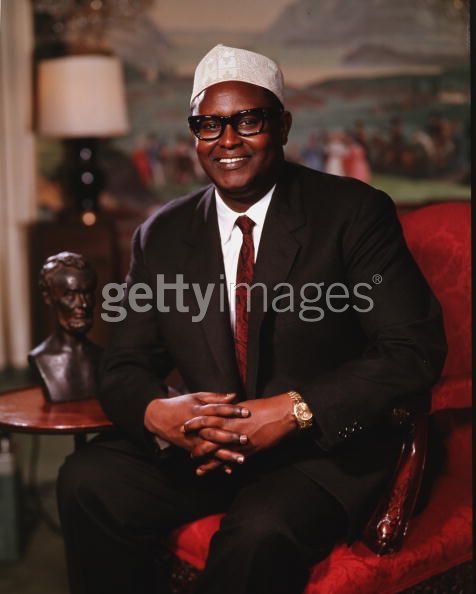
Another surprising success was the willingness of the OAU to commit itself to the Kenya-Somalia dispute. But again the success of the resolution depends on the combatants.
One press interpretation that the Somali Government had �waived claims on Kenya territory� should be read in the context of the Somali Prime Minister`s foreign policy statement in Mogadishu last month. Mr. Egal then declared: �. . . we in the
Thus, whilst making no direct territorial claim, the Somali Government is still committed to supporting Somali �rights to self-determination.� This was made even plainer when Mr. Egal, departing from the printed text of his speech to Parliament, said: �we the
The only provision in the
It is equally difficult to envisage any concession by the Somali Government at the
The local scene: Whilst an end to the Somali Republic`s dispute with Kenya is unlikely, there is already an improvement in relations between Kenya and the Somali Republic following the cessation (for the fourth time since 1961) of hostile broadcasts from Radio Mogadishu. The same can apply to the
Any optimism that good relations between the Somali Republic and her neighbours will be permanently restored can only be based on some, as yet unpredictable, concession by Kenya and Ethiopia. Although the new Somali Prime Minister wishes personally to improve relations with
1967-68 Somali Border Agreements [1]
Roobdoon Forum Chronicles
November 09, 2005
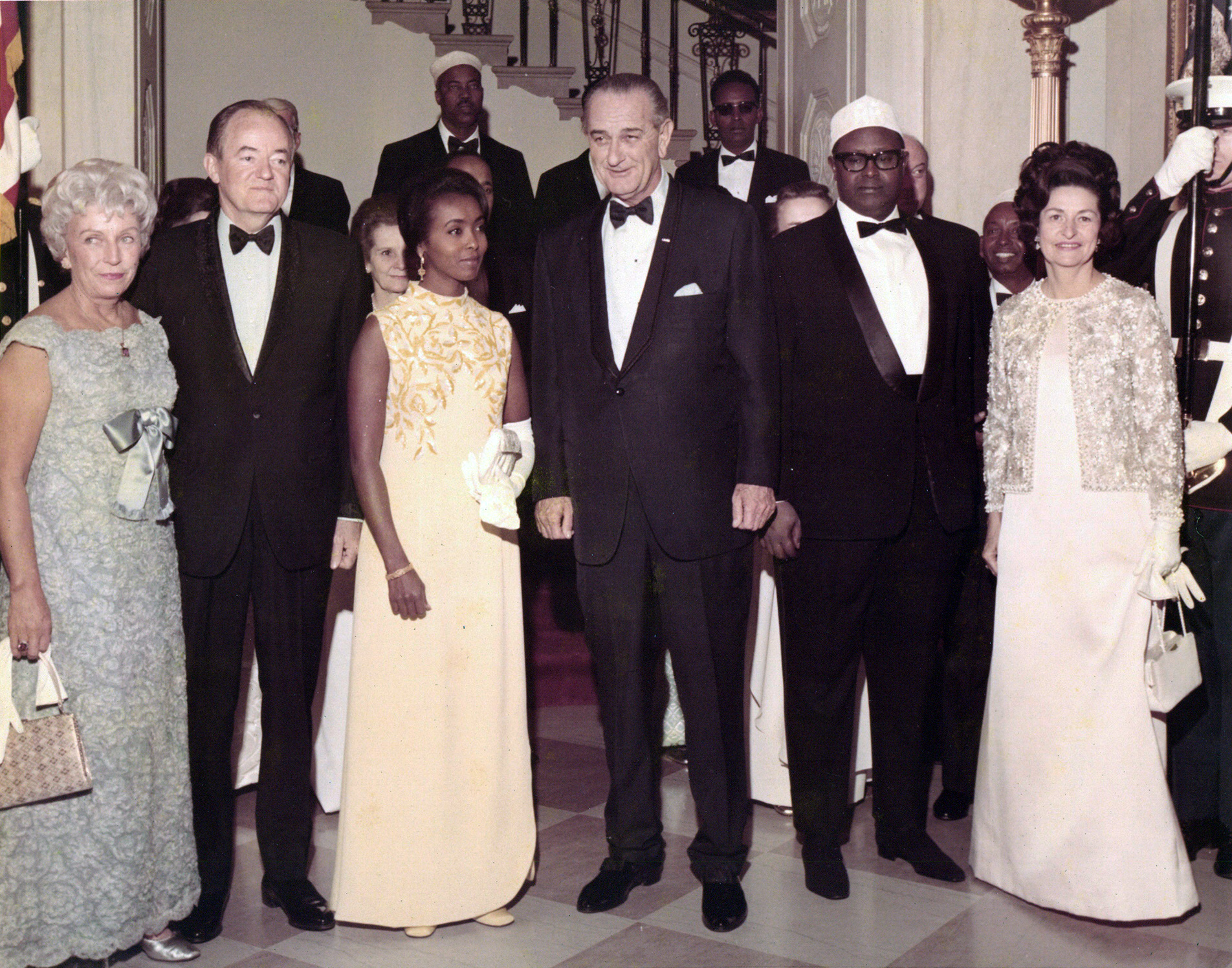
Somali-Ethiopia Border Agreements
Preliminary Agreements on Territorial Dispute
At the Organization of African Unity Heads of State Conference in Kinshasa during September, 1967, Emperor Haile Selassie of Ethiopia and the Somali Prime Minister, Mr. Mohamed Ibrahim Egal, agreed that Ministers from both countries should meet to prepare groundwork for a future conference of the respective Heads of State with a view to resolving their long standing border dispute [2].
In accordance with this agreement, a Somali delegation, led by the Minister of Interior, Mr. Yasin Nur Hassan, visited
The Somali and Ethiopian delegations:
(i) Agreed to set up a joint military commission to deal with any complaint of violation of the provisions of the Khartoum Agreement, March 1964;
(ii) declared their willingness to abide by the letter and provisions of previous agreements reached in Khartoum and Accra, October 1965, providing for an end to hostile propaganda campaigns;
(iii) Agreed that steps be taken to remove conditions which affect adversely relations between the two countries, irrespective of the nature of these conditions;
(iv) Agreed to lift all restrictions on the movement of their respective diplomatic representatives and staff and to accord for their treatment and freedom to the nationals of the other party in its territory;
(v) Agreed that
(vi) Agreed to set up a joint commission to investigate cases where property, either private or public, had been taken over by either side from nationals of the other party;
(vii) Agreed that the commission should report immediately its findings to the two Governments;
(viii) agreed that the respective Governments should ensure the safety of persons who take refuge in the Somali Embassy in Addis Ababa and the Ethiopian Embassy in Mogadishu and grant immediately exit permits to these persons enabling them to leave their respective countries;
(ix) Agreed that the regional governors and administrators of both sides should meet once ever, three months, or earlier if necessary, with a view to co-operating in matters affecting both sides of the border-the meetings to be held alternately in the two countries;
(x) Agreed that cases of persons imprisoned or held by one country, but who are claimed by the other country as its nationals, should be examined carefully-such persons should not be intimidated and immediate steps should be taken to release them;
(xi) Agreed that the current talks should be followed by a meeting in
As a sequel to this visit, an Ethiopian delegation led by the Foreign Minister, Alo Ketema Yifru, arrived in
(i) both sides re-affirmed their adherence to both the spirit and letter of the
(ii) in order to improve relations between the two countries, special joint commissions shall be set up comprising governors and police officers or commandants on the provincial or regional levels, which will meet once every three months, or at any time, at the request of either country;
(iii) it was also agreed that the joint military commission established by the Khartoum Agreement should be reactivated, and should meet as and when necessary;
(iv) the claims in respect of public and private property submitted by both sides were examined and, in some cases, agreement reached, that certain properties, would be returned on 20th March, 1968, at Tug Wajali while remaining claims would be investigated further:
(v) both sides re-affirmed the previous agreements reached in Addis Ababa (see above) that nationals of either country who might have been held against their will, would be permitted to leave at any time it they so wished;
(vi) both delegations expressed great satisfaction at the progress achieved in the improvement of relations between the two countries and agreed to continue the talks in
(vii) it was agreed by both sides that these discussion were a continuation of the exploratory talks, commenced in Kinshasa and continued in Addis Ababa in 1967 (see above). It is the sincere hope of both Governments that the present discussions would be finalized speedily so that a Summit Meeting on major issues might follow soon.
The Somali Prime Minister, Mr. Mohamed Haji Ibrahim Egal, visited
(i) Both Governments reaffirmed previous undertakings to remove all causes of tension, and undertook not to engage in subversive activities against each other.
(ii) The two Governments have agreed to give over flight rights, and an agreement to this end will be concluded soon. In the meantime, the Imperial Ethiopian Government has graciously permitted the Somali Airlines to use the existing international routes.
(iii) In conviction that the suspension of the emergency regulations would contribute to the strengthening of good neighbourly relations between the two sister-countries, the Imperial Ethiopian Government has agreed to suspend existing emergency regulations along its border with
(iv) The two Governments have finalized the settlement of public and private property claims submitted by both sides. The exchange of property will take place at Tug Wajaleh on September 25th, 1961.
(v) (a) The Imperial Ethiopian Government has submitted a draft cultural treaty which will be studied by the competent authorities in
(b) The two Governments have agreed to open forthwith negotiations over establishment of a telecommunications agreement.
(c) The two Governments have agreed to conclude a trade agreement. In the meantime traditional trade between the two countries in the border areas will continue.
(vi) The two Governments have reaffirmed the usefulness of the Special Joint Commissions set up by the two Governments in
(vii) Both sides expressed - ear satisfaction at the progress achieved so far in the improvement o, relations between the two countries.
(viii) The two sides emphasized that these talks are of an exploratory nature aimed at the eventual settlement of major issues.
(ix) H.E. the Prime Minister and members of the Somali delegation expressed their gratitude to His Imperial Majesty, the Government and people of Ethiopia for their warm welcome and generous hospitality accorded to them during their stay.
Somali-Kenya Border Agreement
Rapprochement over Territorial Dispute
The Somali and Kenya Governments agreed during the Organization of African Unity Conference at
(i) Both Governments have expressed their desire to respect each other`s sovereignty and territorial integrity in the spirit of Paragraph 3 of Article III of the OAU Charter;
(ii) The two Governments have further undertaken to resolve any outstanding differences between them in the spirit of Paragraph 4 of Article III of the OAU Charter;
(iii) The two Governments have pledged to ensure maintenance of peace and security on both sides of the border by preventing destruction of human life and property;
(iv) Furthermore, the two Governments have agreed to refrain from conducting hostile propaganda through mass media such as radio and the Press against each other;
(v) The two Governments have accepted the kind invitation of President Kaunda of
The OAU conference, in a resolution recording this agreement, expressed "its sincere gratitude and congratulations to President Kenneth Kaunda of
The conference requested "the Governments of Kenya and
ARUSHA CONFERENCE OCTOBER 1967
President Kaunda convened a conference at Arusha (Tanzania) on October 28th which was attended by President Kenyatta (Kenya) and Prime Minister Mohamed Ibrahim Egal (Somali), with President Nyerere (Tanzania) and President Obote (Uganda) officiating as observers. President Kaunda took the chair.
During the conference, which lasted seven hours, officials of the three delegations accompanying the three Heads of State and Government, were asked to leave the hall from time to time whilst Presidents Kaunda, Kenyatta, and Prime Minister Egal conferred on their own. The final session, which approved a communiqu�, was also attended by President Nyerere and President Obote as observers. President Kenyatta thanked the Somali Prime Minister for requesting that he, Mr. Kenyatta, should lead the
MEMORANDUM OF UNDERSTANDING
The following is the text of the "Memorandum of Understanding" signed by the President of Kenya and the Somali Prime Minister on October 28th and witnessed by the President of Zambia:
Desirous of consolidating the Kinshasa Declaration on Kenya/Somalia Relations and recognizing the need to restore normal and peaceful relations between
(i) Both Governments will exert all efforts and do their utmost to create good-neighbourly relations between
(ii) The two Governments agree that the interests of the people of
(iii) They therefore reaffirm their adherence to the declaration of the OAU conference at
(iv) In order to facilitate a speedy solution to the dispute and to ensure the maintenance of continued stood relations, both Governments have agreed to:
(a) the maintenance of peace and security on both sides of the border by preventing destruction of human life and property;
(b) refrain from conducting hostile propaganda through mass media such as radio and the press, against each other, and encourage propaganda which promotes the development and continuance of friendly relations between the two countries;
(c) the gradual suspension of any emergency regulations imposed on either side of the border;
(d) the reopening of diplomatic relations between the two countries;
(e) the consideration of measures encouraging the development of economic and trade relations;
(f) appoint a Working Committee consisting of Somalia, Kenya, and Zambia, which will meet periodically to review the implementation by Somalia and Kenya of the points agreed in this document and also to examine ways and means of bringing about a satisfactory solution to major and minor differences between Kenya and Somalia.
Compiled by:
Roobdoon Forum
Related Articles:
Somali Independence Week Series � Part I
Somali Independence Week Series � Part II
|
|
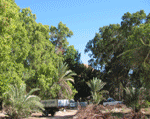 Sawirro Somaliya 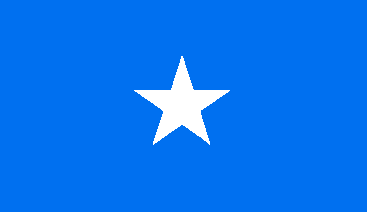 |
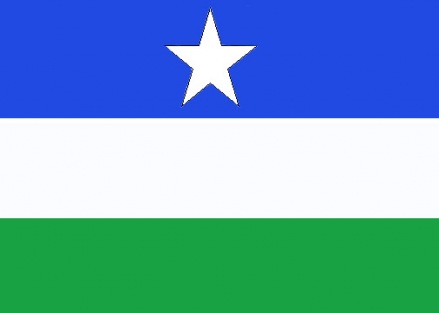
|
GOVERNANCE
The Scourge and Hope of Somalia A New Book By Ismail Ali Ismail 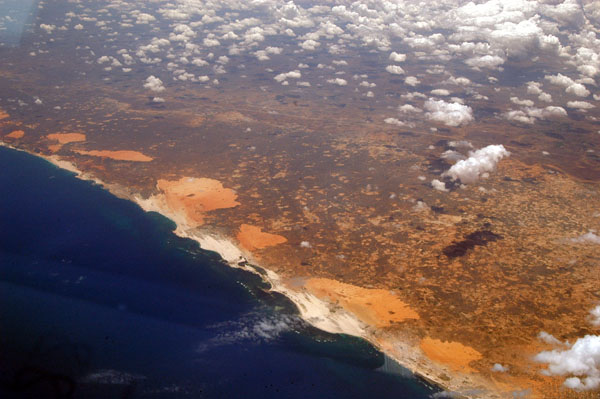 Which Way to the Sea, Please? By Nuraddin Farah Dhulkii Burcad-Badeedda .jpg) Budhcad Badeed Weli Qiil ma Leeyahay? 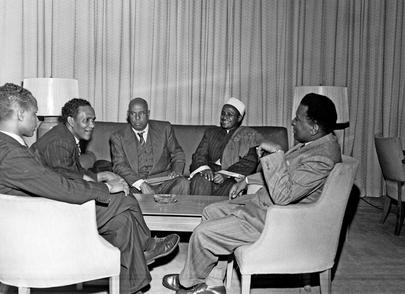 SYL LETTERS By A S Faamo |
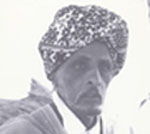 |
 |
© Copyright BiyoKulule Online All rights reserved�
Contact us [email protected] or [email protected] |

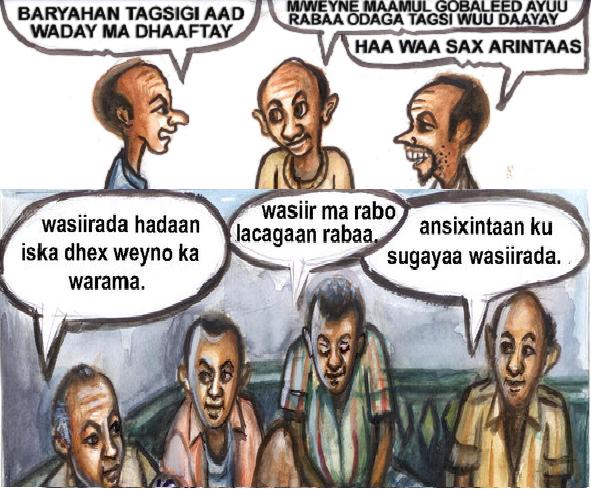
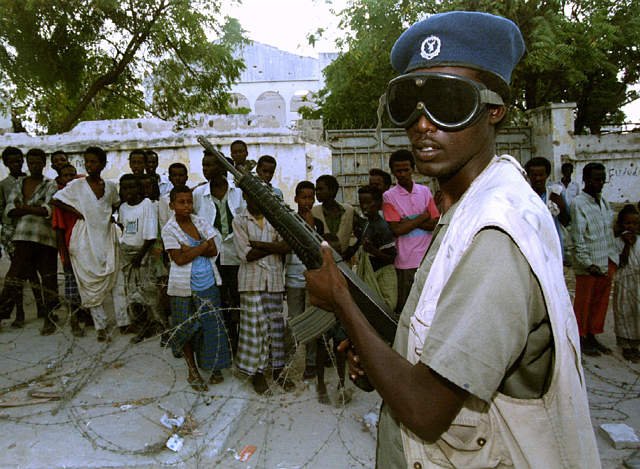


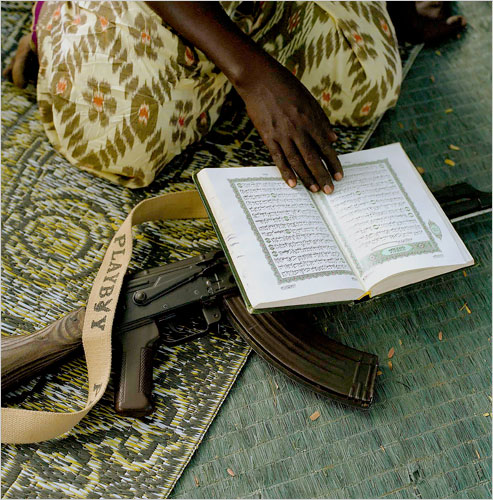

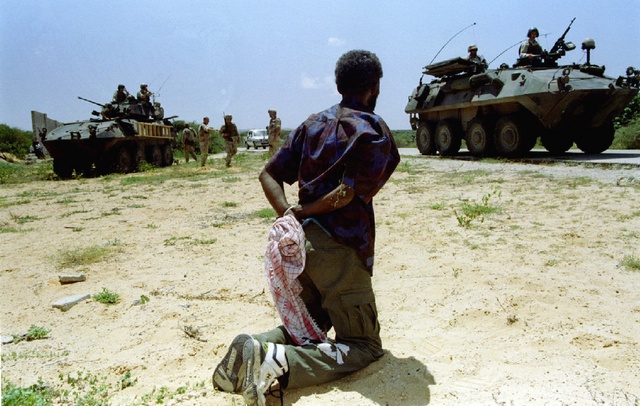
.jpg)


